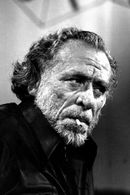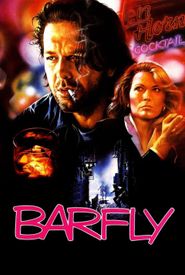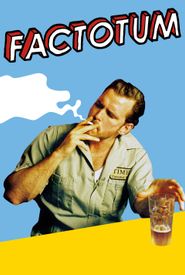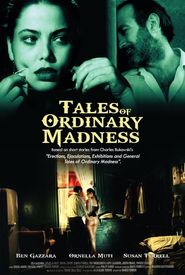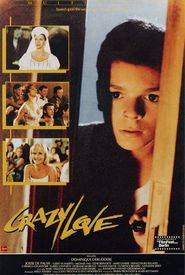Here is the biography of Charles Bukowski:
Charles Bukowski, an American poet, short-story writer, and novelist, was born Heinrich Karl Bukowski, Jr. in Andernach, Germany on August 1920. His father, a US soldier, and his wife returned to the United States in 1922, settling in Los Angeles, California, which became the setting for much of Bukowski's work.
Bukowski's childhood was marked by a violent father, who regularly beat him with a razor strop, and later, the Great Depression. He developed acne vulgaris and became a listless underachiever as a means of rebellion against his father and society. He took to drink at a young age and became a rather aimless individual.
During his school years, Bukowski read widely and entered Los Angeles City College to study journalism and literature. He left college after a year and went on the bum, traveling to Atlanta, where he lived in a shack and subsisted on candy bars.
Bukowski's writing career began with his short story, "Aftermath of a Lengthy Rejection Slip," which was accepted by "Story" magazine in 1944. He went on to develop a reputation as a poet and short-story writer, publishing his work in small magazines and chapbooks.
In the 1960s, Bukowski began to establish himself as a major literary figure, publishing his poetry and short stories in underground magazines and small presses. His work was heavily influenced by the works of Thomas Hobbes, John Fante, and William S. Burroughs.
Bukowski's poetry and prose were characterized by their clinical detail, brutal honesty, and sense of endurance. His poetry detailed the desperate lives of men on the verge of suicide, madness, or economic collapse, while his short stories explored the lives of outcasts and misfits.
In the 1970s, Bukowski's popularity grew, and he became known as the "Dirty Old Man" of American literature. He published his first novel, "Post Office," in 1971, and went on to publish several more novels, including "Factotum" and "Women."
Bukowski's later life was marked by a stable relationship with Linda Lee Beighle, a health food restaurateur, and a successful career as a writer. He continued to publish poetry and prose until his death in 1994, leaving behind a legacy as one of the most important and influential American writers of the 20th century.
Throughout his life, Bukowski remained a literary outsider, refusing to conform to the conventions of mainstream literature. He was a true original, and his work continues to be celebrated and studied by readers around the world.
